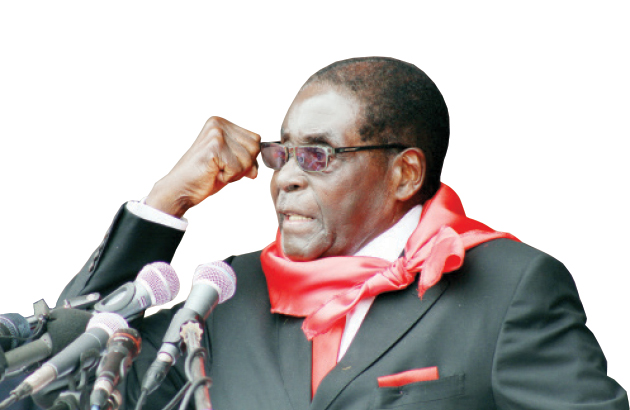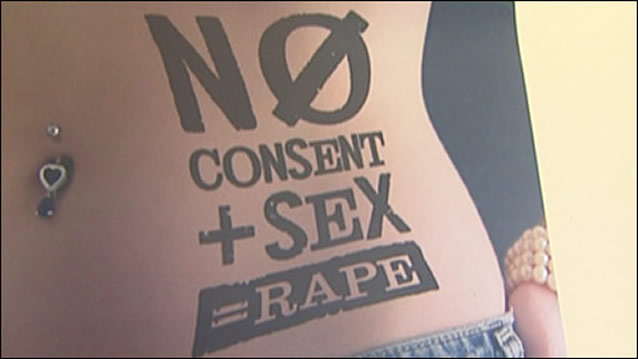Cimas turnover up 6 percent

 Molline Gagare Business Reporter
Molline Gagare Business Reporter
CIMAS Medical Aid Society’s turnover grew six percent to $117 million for the year ended December 31, 2014, the group said. Board chairman, Mordecai Mahlangu said in a financial report that the society posted a relatively solid performance despite a deteriorating operating environment.
“Group turnover grew by six percent to $117 million. Medical Aid membership growth has been only one percent to 203,481 members compared to 201,504 members last year.
“Patronage at our Cimas Health Care facilities increased by 13 percent as the ‘one stop shop’ status of the facility is proving to be very popular,” said Mahlangu.
He said the group posted a decline in the surplus for the year compared to the previous year and attributed the move to non-service of the accounts.
“The society posted a surplus of $4,3 million compared to $5,5 million in the prior year. Current year performance was weighed down by significant write-downs in respect of non-performing contribution receivables as certain number of firms had not serviced their accounts for lengthy periods.
“Non-medical aid activities contributed 68 percent surplus compared to 62 percent in 2013,” Mahlangu added.
“Surplus generated in the year has grown liquid reserves to 8.7 weeks from 8.1 weeks at the close of the previous financial year. It remains a strategic objective for the Society to achieve the 12 weeks claims reserves as per best practice and this should be achieved within three years.”
He said Cimas has complied with the regulatory capital requirement of 25 percent of annual medical aid contributions. “Accumulated reserves from December 31, 2014 were $31.5 million being a solvency ratio of 31 percent compared to $27.2 million being a solvency ratio of 28 percent from 2013,” he said.
Mahlangu, however, said fees charged by service providers were unsustainable as they have an effect of eroding the capacity of the Society in a dollarised economy.
Last year, the Association of Healthcare Funders of Zimbabwe increased tariffs by 20 percent for general practitioners and 2, 5 percent for private hospitals.
“This gesture of compromise, unfortunately, was neither acknowledged nor reciprocated by the service providers.
“Increasingly, we’ve had to finance members who’ve elected to seek treatment abroad in instances where specialist services are available in our country but our members can’t afford them,” said Mahlangu.









Comments